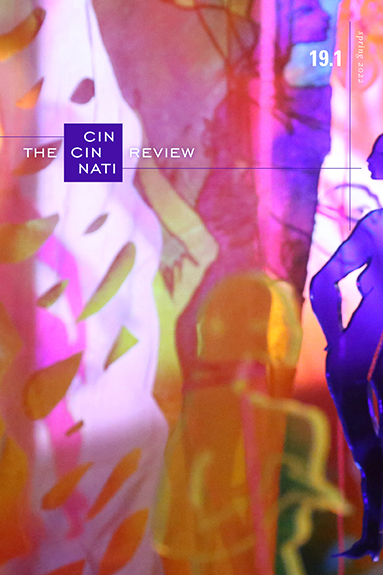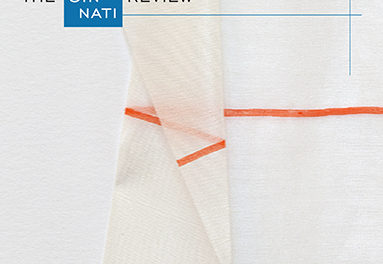Just enough
Luis knows I’m not in love with him, although he’s never asked. I can tell by the way he fits himself around the space where the question would go, always aware of the outline of it, the sharp edges that would catch and cut him if he got too close. Some days I wish he would put words to it, so we could build something on that truth or move on with our lives. Other times I’m thankful for the omission. Until the question is asked, until it’s answered, we can exist in the balance of just enough. Just enough companionship. Just enough affection. Just enough in common to make it through the long, lonely afternoons of youth’s end.
He’s nine years older than me, divorced, and father to a young son named Ant who calls me Ms. Seneca. Ant splits his time between his maternal grandmother’s house and Luis’s, a situation that no one seems to particularly like. I asked Luis about it once, and the only thing he said was, “The boy needs some kind of mother.”
The arrangement is unofficial. Ant goes where he goes based on everyone’s work schedules. It’s the sort of situation that Luis could easily use to his advantage, ghosting away under the pretense of longer shifts. He hasn’t, though. Ant comes over a few nights a week and takes up the corner of the living room with the spare bed. From his small backpack, an explosion of things pours forth. Notebooks, shoes, toys, clothes. Doritos crumbs, like a flaming comet tail across the tan sheets. Within five minutes he’s nested so thoroughly that it’s hard to imagine the space without him there.
I don’t usually stay long on these nights because Ant makes me uncomfortable. His presence introduces an element of uncertainty about who is central and who is peripheral. It’s less complicated for all of us if I just find somewhere else to be.
Tourism
Luis drives a delivery van for a local mattress shop. All day long he carries mattresses in and out of houses. Up and down stairs, through doorways that are too small. Around cracked paving stones and angry dogs and overturned bicycles. He sees inside so many houses that the novelty is gone. It’s rare that anything shocks him. Dirt, filth, neurotic cleanliness. Women who see the color of his skin and clutch their cell phones until he’s gone. Men who bark commands as if he were a clumsy child, saying things like, “Carefully, carefully. Stop, stop, stop. You need to watch where you’re going, son.” As if he hadn’t wrestled hundreds of mattresses around people’s valuables in the last five years.
“What have you learned from it?” I asked him, the first time he talked about finding a different job.
“That poor people tip better than rich people,” he said. “And that most people own way too much shit.”
I work for an upscale neighborhood grocery store, one of those places where you can get homemade beeswax candles and organic bok choy along with your toilet paper and condoms. If Luis asked me what I’ve learned from it, I’d say: “That I’m afraid of the unidirectional nature of success.”
Not that exactly. Those words have come only after years of contemplation, and they sound pretentious even in my own head. What I’d really say is that I’m afraid to move on, afraid to get a professional job. I’m afraid the added responsibilities will weigh too heavily on me. That once I step onto that treadmill of professionalism, I won’t ever step off. I’ll jog along in place, pulled ever onward by the reward of retirement. I’ll stop living and start wanting.
And yet I’m aware of the liminal space I exist in. I lurk on the edges of poverty. I’m a visitor on those gritty shores. I’ve got a college degree and parents with connections. Upward mobility is not an impossibility if I’m willing to compromise for it. If there’s one thing Luis has taught me, it’s that poverty is a different ball game when you know you’ll never escape. All those things that give me a sense of freedom are crushing weights to him.
“I will never work in a cubicle,” I said one day, as we watched people coming out of downtown offices at the beginning of the lunch hour.
“Me either,” he said, studying the calluses on his hands.
A statement of rebellion for me. A statement of fact for him.
. . .










